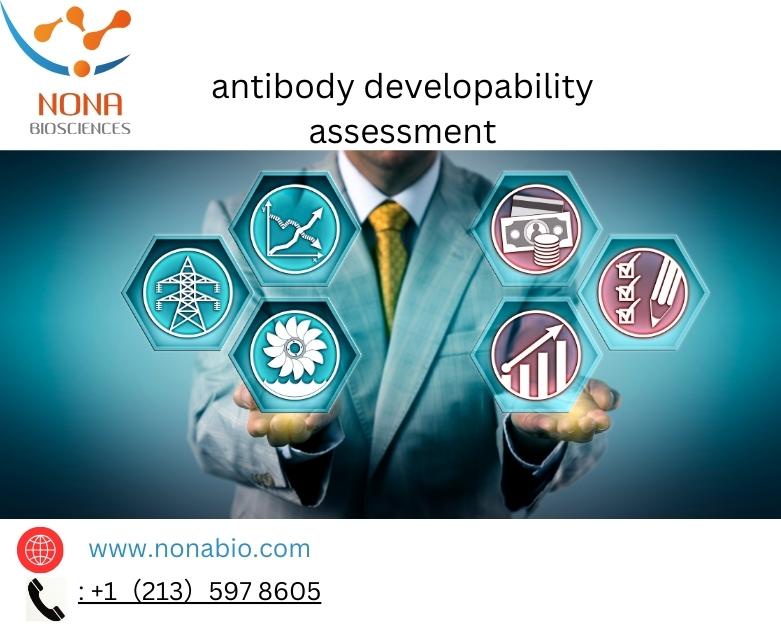In this guest post, we will explore the significance of pharmacological evaluation, its key components, and how it contributes to the development of safe and effective drugs that benefit patients worldwide.
-
Definition of Pharmacological Evaluation: Pharmacological evaluation is a systematic and scientific approach used to assess the pharmacological properties of a drug candidate. This evaluation encompasses a wide range of studies and tests to understand how a compound interacts with the body and its potential therapeutic effects.
-
Safety Assessment: One of the primary objectives of pharmacological evaluation is to determine the safety of a drug. This involves studying its toxicity, potential side effects, and any adverse reactions it may cause in various tissues and organs.
-
Efficacy Testing: Pharmacological evaluation assesses the effectiveness of a drug in treating the targeted condition or disease. Researchers examine its ability to produce the desired therapeutic effects, such as reducing symptoms or slowing the progression of the disease.
-
Pharmacokinetics and Pharmacodynamics: These two critical components of pharmacological evaluation delve into how a drug is absorbed, distributed, metabolized, and excreted by the body (pharmacokinetics) and how it interacts with specific receptors or targets in the body (pharmacodynamics).
-
Dose-Response Relationships: Researchers analyze the relationship between the dosage of the drug and its therapeutic effects. This information helps determine the optimal dosage for treatment while minimizing potential risks.
-
Preclinical Studies: Before clinical trials on humans, pharmacological evaluation begins with preclinical studies conducted on animal models. These studies provide valuable insights into a drug's safety and efficacy profile.
-
Clinical Trials: Once a drug candidate passes preclinical evaluation, it proceeds to clinical trials involving human participants. These trials are meticulously designed and controlled to further assess safety, efficacy, and optimal dosages.
-
Regulatory Compliance: Pharmacological evaluation is subject to stringent regulatory standards and guidelines set by health authorities such as the FDA (U.S. Food and Drug Administration) and the EMA (European Medicines Agency). Compliance is crucial to ensure the drug's approval for market access.
-
Iterative Process: Drug development is an iterative process. If pharmacological evaluation reveals safety concerns or insufficient efficacy, researchers may need to modify the drug's structure or formulation and repeat evaluations until it meets the necessary criteria for approval.
-
Patient Benefit: Ultimately, the goal of pharmacological evaluation is to bring safe and effective drugs to market that improve the health and well-being of patients. It ensures that only the most promising and reliable pharmaceuticals progress through the development pipeline.
In conclusion, pharmacological evaluation is the cornerstone of drug development, encompassing a range of studies and tests to assess a drug candidate's safety and efficacy. It is a rigorous and iterative process that involves preclinical and clinical studies, compliance with regulatory standards, and a commitment to improving patient outcomes. Without effective pharmacological evaluation, the pharmaceutical industry would struggle to deliver the innovative therapies that have transformed modern medicine and enhanced the quality of life for countless individuals worldwide.
Visit https://www.nonabio.com/ our websit for more information.


No comments yet